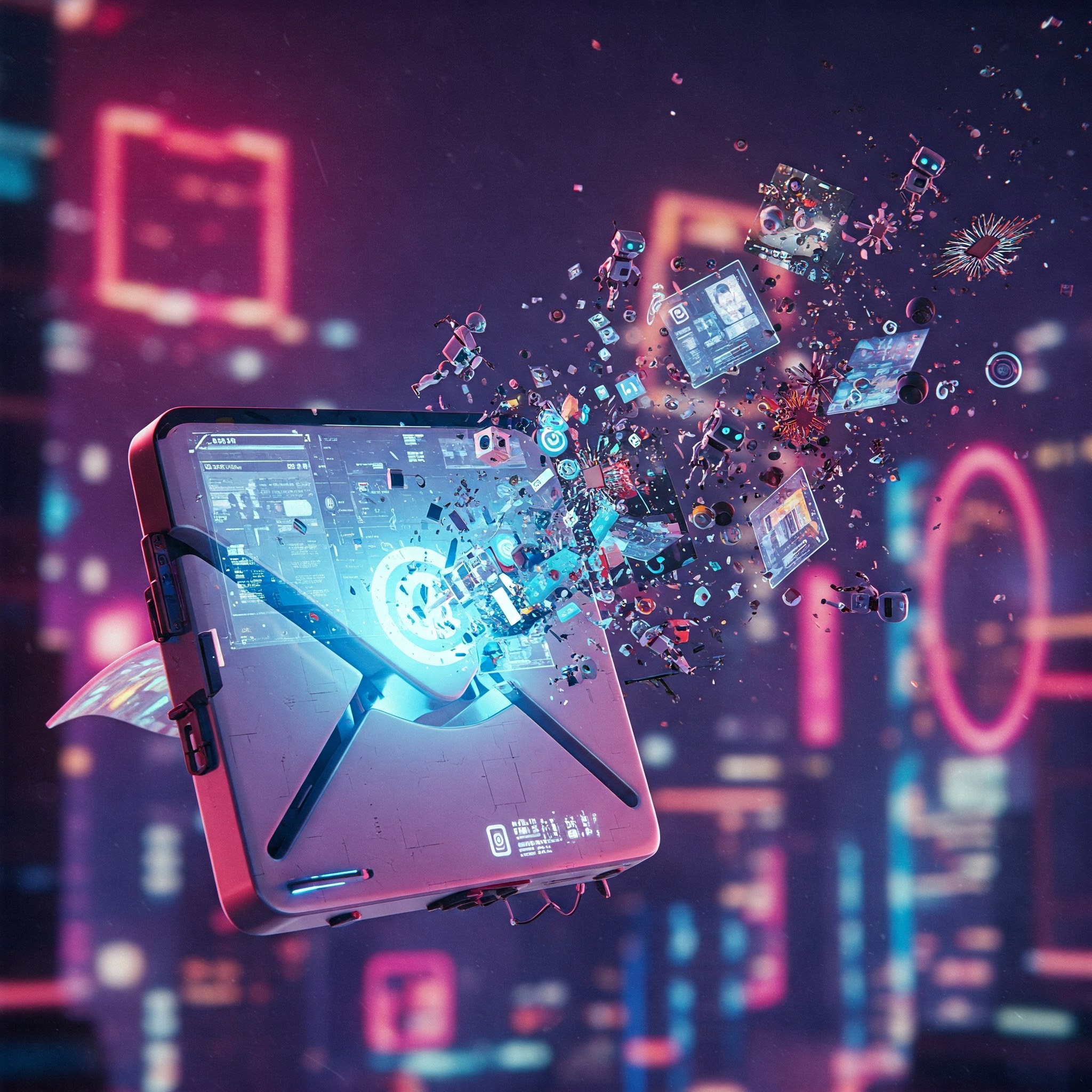AI Art: Who Owns the Unicorn?
The robots are coming for our jobs, or at least, for our copyright laws. The rise of generative AI (GenAI) has thrown a wrench into the already complex world of intellectual property, leaving artists, lawyers, and even lawmakers scratching their heads. The question isn’t just can AI create art, but who owns it when it does?
The Warhol Precedent: Same Prince, Different Era
Remember Andy Warhol’s iconic Prince portraits? The Supreme Court case of Goldsmith v. Warhol Foundation (2023) set a fascinating, and perhaps problematic, precedent. Goldsmith, the original photographer, won because Warhol’s silkscreens, while stylistically distinct, were deemed to still fundamentally be portraits of Prince. Artistic flair wasn’t enough to overcome copyright infringement.
Karen Robinson, Adobe’s senior vice-president and deputy general counsel, wisely points out that this ruling throws a long shadow on AI-generated content. If transforming an existing image with a pop-art aesthetic isn’t “transformative use,” what chance does an AI have when it pulls from potentially millions of sources?
The Million-Dollar Prompt: Copyright and the Algorithmic Muse
Robinson raises a critical point: when is an AI-generated image “different enough” to be copyrightable? A simple prompt like “unicorn under a rainbow” likely won’t cut it. You’re essentially asking the AI to regurgitate a stock photo cliché. But what about a painstakingly crafted prompt, a digital sculpture of language that coaxes the AI into producing a truly unique vision?
Is the prompter the artist? Is the AI just a glorified brush? These are the kinds of questions that keep copyright lawyers up at night. And judging by how quickly technology advances, they’ll be mainlining caffeine for the foreseeable future.
Laws Lagging: A Game of Catch-Up
Legislators are scrambling to keep pace. The proposed Preventing Abuse of Digital Replicas Act (PADRA) in the US is a step in the right direction, aiming to protect against the misuse of AI-generated content. Adobe, unsurprisingly, supports responsible AI use. Because nothing says “responsible” like a multi-billion dollar corporation.
But PADRA is just one piece of the puzzle. We need clear guidelines, not just for AI-generated art, but for the entire ecosystem. What about AI-generated music? AI-written code? The legal floodgates are about to open.
Business and AI: A Murkier Picture
For businesses using AI, the copyright landscape gets even trickier. If you’re feeding proprietary data into an AI to generate visuals, you likely own the output. Makes sense. But what about creative agencies producing AI-driven marketing campaigns? They need explicit consent from clients, not just for copyright but also for privacy. Imagine the lawsuits when an AI inadvertently generates an image that violates someone’s likeness rights. Chaos, pure chaos.
Singapore’s Stance: Humans Required
Singapore’s current copyright law offers a glimpse into how other nations are approaching this challenge. As of now, only works with identifiable human authors can receive copyright protection. Sorry, AI, no copyright for you… yet.
Singapore’s 2021 Computational Data Analysis (CDA) exception allows copyrighted works to be used for data analysis and machine learning, but with caveats. You need lawful access to the original material, which throws another wrench in the works, especially when AI models are trained on vast datasets scraped from the internet.
The kerfuffle with Singaporean writers pushing back against the government using their work to train LLMs also highlights the tensions around compensation and usage. Apparently, being a muse for our new robot overlords doesn’t pay as well as one would expect.
The Road Ahead: Education is Key
Ultimately, navigating this new world requires education. Artists and businesses need to understand how AI works, its legal implications, and its ethical considerations. We need to balance innovation with respect for creative rights. If we don’t, we risk turning the art world into a copyright free-for-all, a digital Wild West where everyone’s fighting over who owns the unicorn. And nobody wants that. Except maybe the lawyers. They’re probably thrilled.

